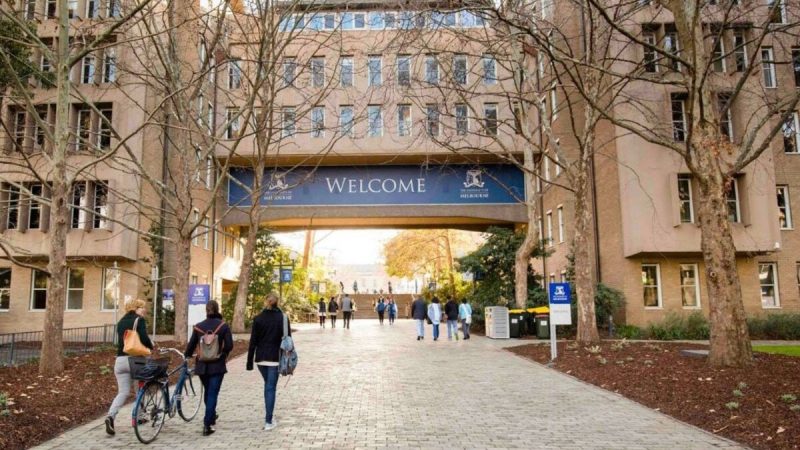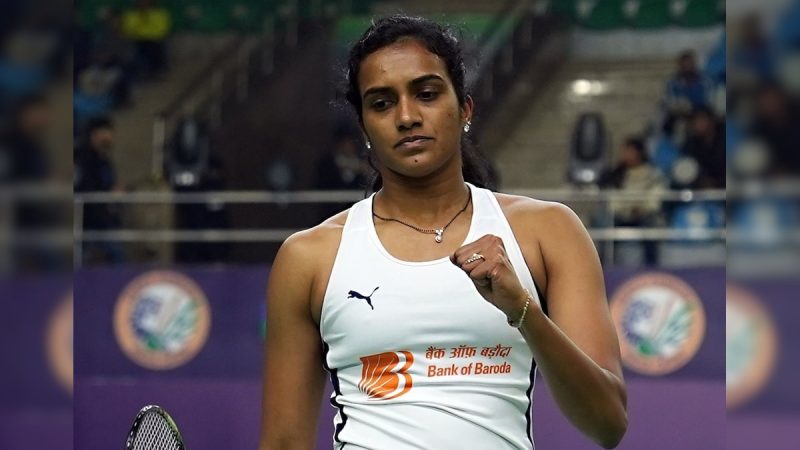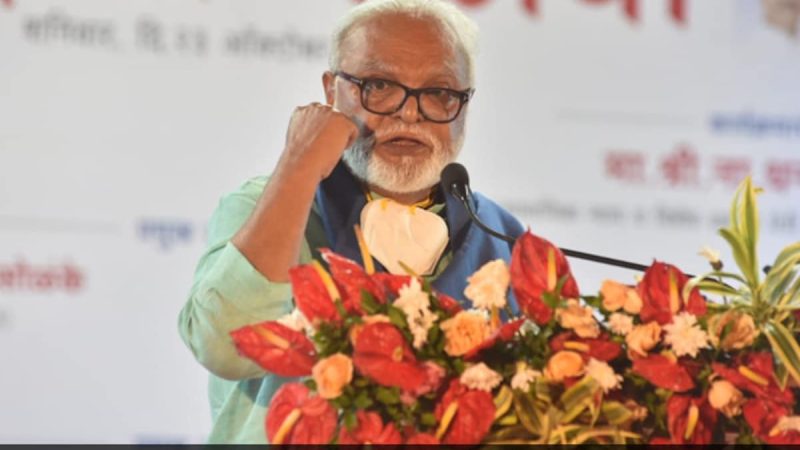Opinion: Islam and education
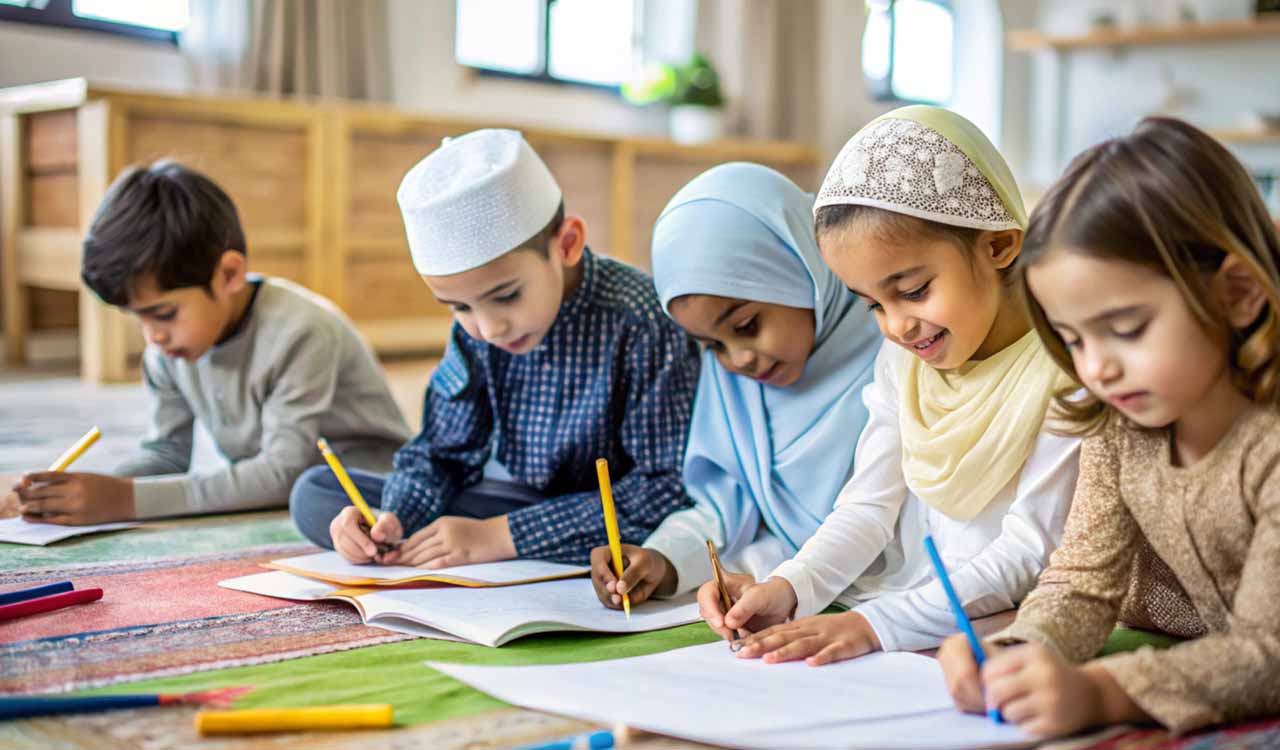
Islam did not merely encourage education, it institutionalised it — Mosques doubled as schools, scholars were revered and centres of learning thrived
Published Date – 19 May 2025, 08:38 PM

By Nayeema Arif
The importance of education, particularly female education, has long been a subject of global discourse and advocacy. Harriet Martineau once said, “Women, like men, must be educated with a view to action, or their studies cannot be called education.”
This insight underscores education as not merely an intellectual pursuit, but as a transformative tool for empowerment and progress. Yet, in many parts of the world, especially in India, where female literacy remains at 65.6% — well below the global average of 79.7% — the fundamental right to education is still not realised for millions of women.
Amidst such disparity and historical injustice, Islam emerged more than 1,500 years ago as a guiding light — championing education not only for women but for all of humanity. At a time when ignorance prevailed and societies routinely denied knowledge to the marginalised, Islam revolutionised the social fabric by declaring education as a universal obligation.
The Prophet of Islam (PBUH) stated, “It is the duty of every Muslim man and every Muslim woman to acquire knowledge” (Ibne Majah). This declaration forms one of the earliest, most inclusive mandates for universal education known to mankind. It placed education at the heart of Islamic civilisation, regardless of gender, race or status. The Quran itself begins with the command “Iqra” (Read), signalling that the pursuit of knowledge is the foundation of faith and progress.
Rich Tradition
Islam did not merely encourage education — it institutionalised it. Mosques doubled as schools, scholars were revered and centres of learning thrived in cities like Baghdad, Cordoba and Cairo during the Golden Age of Islam. This rich intellectual tradition gave birth to advancements in science, mathematics, medicine, literature and philosophy — impacting both East and West, and laying the groundwork for the modern world.
Women, too, were active participants in this enlightenment. Hazrat Khadija, the first follower of Islam, was a successful entrepreneur. Hazrat Ayesha, one of the greatest scholars of Islam, taught thousands and contributed more than 2,000 hadiths. Their legacy reflects that in Islam, education is not a privilege for a few but a right and responsibility for all.
Islam’s vision of education goes beyond literacy — it is about nurturing individuals to become beneficial members of society. The African proverb says, “Educate a man and you educate him alone; educate a woman and you educate a nation.” Long before such wisdom was captured in proverbs, Islam had already instilled this principle into its ethos. An educated woman is empowered to improve her family, uplift her community and transform society.
Contemporary examples affirm this vision. Malala Yousafzai, the youngest Nobel Laureate, stood for the very Islamic principle of girls’ education. Dr Nusrat Jehan Malik, an Ahmadi Muslim, dedicated her life to serving the underprivileged through self-funded healthcare initiatives. Ahmadi Muslim women around the world are excelling as doctors, engineers, scholars and social leaders — all upholding the legacy of Islamic education.
Inclusive Vision
However, challenges persist. War, political instability and environmental disasters continue to threaten access to education — particularly for women and children. In regions like Palestine, the Philippines and the Pacific Islands, educational systems are disrupted. Yet, as research shows, when women are included in peace-building and policymaking, outcomes are more enduring and equitable. Islam advocates this inclusive vision, emphasising that no sustainable peace or justice can be achieved without recognising and securing the right to education for all.
The fifth and the present head of the Ahmadiyya Muslim Community, His Holiness Hazrat Mirza Masroor Ahmad, in his address at UNESCO, reaffirmed that “Islam established the rights of women and girls for the first time. At a time when women and girls were discriminated against and often looked down upon, the Holy Prophet of Islam instructed his followers to ensure that girls were educated and respected.”
He also noted that Islamic teachings continue to produce educated, morally upright, and service-oriented individuals — both men and women — who are transforming the world for the better.
The Quran itself begins with the command ‘Iqra’ (Read), signalling that the pursuit of knowledge is the foundation of faith and progress
From its very inception, Islam lit the path of knowledge for all mankind. The Holy Quran refers to scholars as those who truly fear and revere god (Quran 35:28), and the Prophet Muhammad said that the ink of a scholar is more sacred than the blood of a martyr. Such sayings highlight the elevated status of education in Islam — not only as a right but as a sacred obligation.
The lives of women like Hazrat Nusrat Jehan Begum and Hazrat Amtul Hai Sahiba are modern examples of this divine legacy. As pioneers in education and leadership, they carried forward the torch of enlightenment lit by the Prophet himself.
Islam, through its teachings and its Prophet, has stood as the eternal torchbearer of education, justice and equality for all mankind. When education flourishes, so does peace, prosperity and piety. When women are educated, they don’t just uplift themselves — they become the guiding lights of nations.
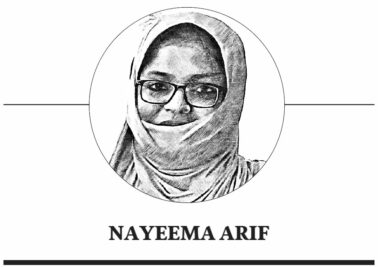
(The author is Deputy Head, Women’s Wing, Ahmadiyya Muslim Community Secunderabad Chapter)

